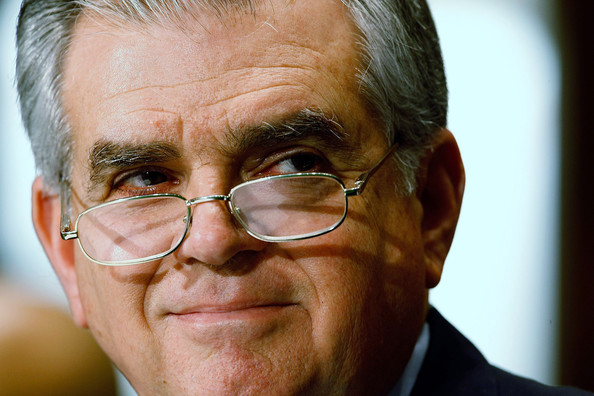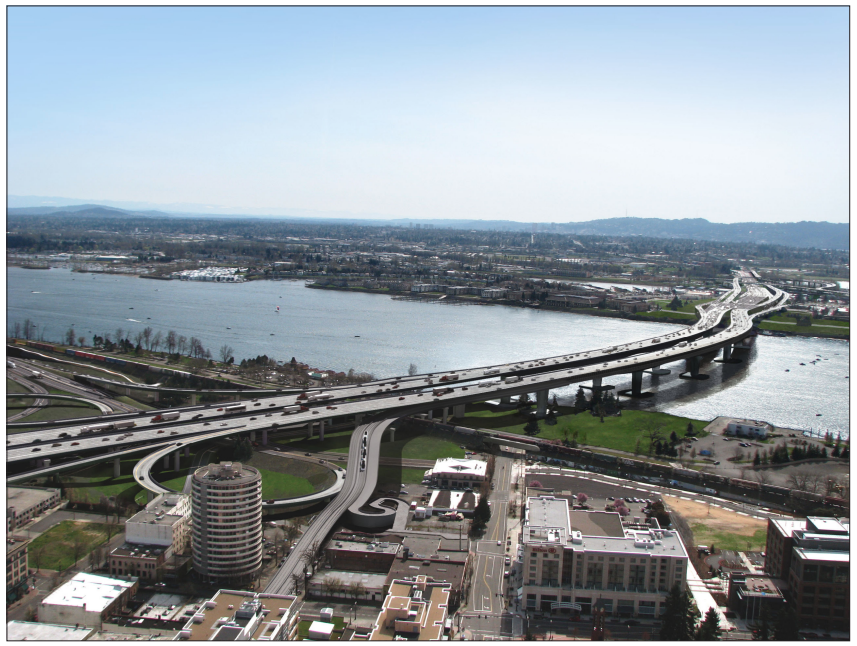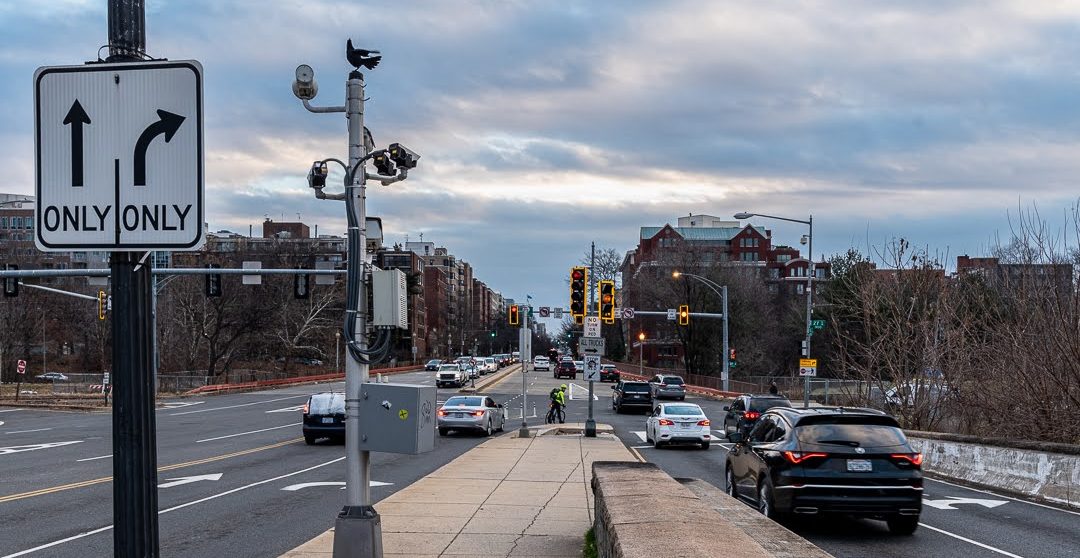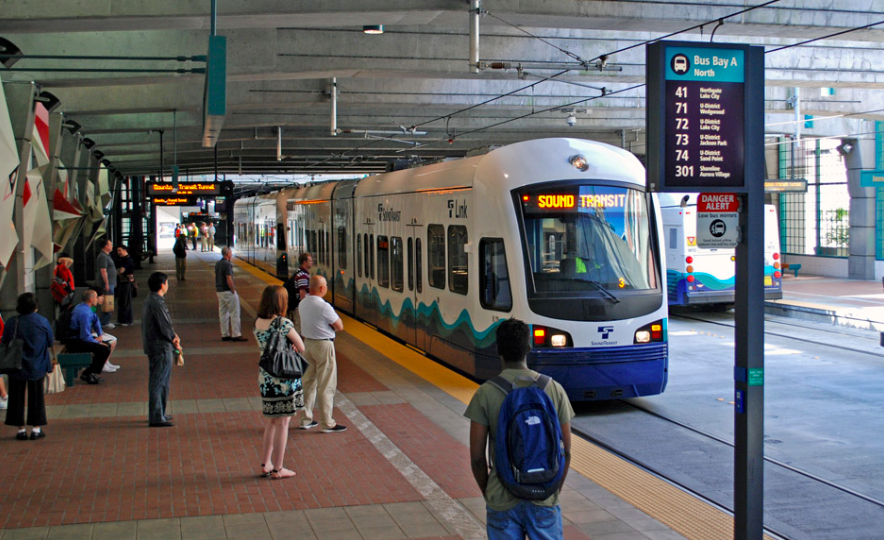This morning, at the American Public Transportation Association's annual legislative conference, Secretary of Transportation Ray LaHood said he was recently asked by the House Appropriations Committee if he prefers a two-year transportation bill or a five-year transportation bill. Neither, he said: "I prefer a bipartisan bill."

"Bipartisanship is the reason the Senate bill is a good bill," LaHood said, joining T4America and a number of other advocacy organizations in backing the upper house's transportation proposal, which happens to be the two-year one. "It reflects the values of the American people."
Granted, LaHood didn't have much to choose from, since the House has scratched its original five-year proposal and has not yet settled on a replacement. But LaHood indicated that the hyper-partisan process that created the House's initial proposal was reason enough to oppose it.
"Senator Boxer and Senator Inhofe sat together and wrote a bill," LaHood said. "That's how you get good legislation, not when one person flops down a bill on the desk of a House committee and doesn't have the courtesy to share it with the other side of the aisle."
While LaHood is on record calling the House bill, which would have eliminated dedicated funding for transit, the worst he'd ever seen "in 35 years of public service," the Senate bill, by its authors' own admission, contains many of the same policy provisions as the House's. (House and Senate staffers held a Q&A panel after LaHood was finished, during which they pointed out their many similarities; Streetsblog will have more on that later.)
Both bills attack funding for bicycle and pedestrian projects, though the Senate has adopted an amendment that softens the blow. Both contain measures that "expedite" project delivery by skimping on environmental review. And neither does anything meaningful in the way of finding new revenue sources to ensure adequate -- let alone increased -- funding for long-term investment in transportation infrastructure.
Even LaHood admits that the Senate bill is a far cry from the administration's proposed budget, which he will continue to defend in congressional testimony later this week. "It's not everything we all want, but it's a pretty darn good start. We should be persuading the House to get on the bus."
All things considered, APTA could not have picked a more meaningful moment to hold its annual lobbying blitz. With the Senate likely to pass their flawed but politically palatable bill soon, and the House still utterly directionless in their own attempts to write a bill, the transit industry has come to the Hill to make their voices heard.
And they have a lot to say: Even as Congress dithered and punted on transit funding throughout the very pit of the recession, more people are riding transit -- a lot more. Transit ridership grew 2.31 percent in 2011 compared to 2010 levels, bringing the total number of trips up to 10.4 billion nationwide. Those impressive numbers are one reason APTA took the House's proposed changes to transit funding as seriously as it did, spearheading an ultimately successful campaign to preserve a funding stream for transit.
"We were faced with nothing short of a funding apocalypse for this industry, the likes of which we haven't seen in 30 years" said Michael Melaniphy, APTA's president and CEO. "We couldn't let our riders down, because they didn't let us down."
Melanphiy then got to hold up the copy of USA Today provided to guests by the hotel hosting the conference, featuring a cover story on surging transit ridership.





